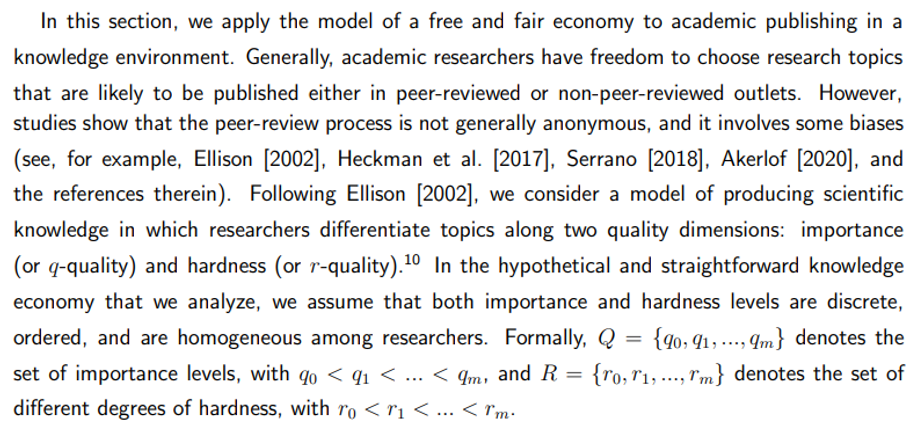Google puts 1.4 billion as collateral: 5.4% pro forma in Cipher

Big Tech raises the stakes on HPC for AI: Google has provided a guarantee of 1.4 billion dollars on Fluidstack bonds, obtaining in return warrants to purchase approximately 24 million shares of Cipher Mining, thus securing a pro forma stake of 5.4%.
The 3 billion dollar agreement has a ten-year duration and is aimed at powering high-performance computing capabilities for artificial intelligence applications.
According to the company’s official statement, the initial commitment involves the delivery of 168 MW with completion expected by September 2026 GlobeNewswire.
Industry analysts note that the contract can expand up to 7 billion dollars with two optional five-year extensions, an element that increases the strategic relevance of the agreement in the medium to long term.
Main Details
The agreement, which links HPC hosting for AI workloads to structured finance, includes a bond backstop in exchange for the warrants. In this context, the initial capacity provided is 168 MW, with scalability potential at the Barber Lake site. The scope of the operation, industrial in nature, simultaneously presents strong financial and equity implications.
How the Agreement is Structured
Warrant and pro forma participation
Google receives warrants for approximately 24 million Cipher shares, which would translate into a pro forma stake of around 5.4%.
The key terms of the warrants – such as the exercise price, exercise window, and any anti-dilution mechanisms – have not been disclosed; the potential dilution will depend on the total number of shares outstanding at the time of exercise (Cipher Mining).
HPC Power and Site Capacity
Cipher is committed to providing Fluidstack with 168 MW of power for HPC/AI workloads, supported by a gross capacity of up to 244 MW at the Barber Lake site.
In relative terms, the initial commitment corresponds to about 69% of the supported gross capacity, while it represents almost a third of the maximum potential capacity, estimated at 500 MW. The site is also located in an area of 587 acres (Cipher Mining).
Bond Backstop and Duration
The guarantee from Google covers $1.4 billion within a $3 billion contract, which is approximately 47% of the total value.
The backstop mechanism stipulates that if the placement of Fluidstack bonds does not reach the agreed total, Google commits to subscribing to the difference, thereby helping to reduce the spread and the cost of capital for the hosting provider. The agreement has a ten-year duration (CoinDesk).
Key Figures
- Total value of the contract: 3 billion dollars;
- Guarantee from Google: 1.4 billion dollars (≈47% of the total);
- Initial supply: 168 MW;
- Gross supported capacity: 244 MW (commitment ≈69%);
- Potential maximum capacity of the site: 500 MW (commitment ≈34%);
- Area of Barber Lake: 587 acres;
- Warrant: approximately 24 million shares (5.4% pro forma);
- Possible extension: up to 7 billion dollars with two five-year options;
- Expected completion for the first phase: anticipated completion by September 2026.
Why It Matters for the Market
The operation pushes the mining sector towards AI-oriented HPC infrastructures, marking the direct entry of cloud providers into the capital supply chain (ASI Alliance news: decentralized cloud infrastructure for the development of artificial intelligence (AI)).
That said, those who control energy, capex, and availability of GPUs/accelerators are destined to set the agenda for large-scale computing. For Cipher, the integration of recurring revenues from hosting with access to liquidity diversifies the business model beyond simple Bitcoin mining.
Trend: the crossover between crypto and AI
The deal is part of a broader trend in the sector: already in August, Google acquired a stake in Bitcoin miner TeraWulf, obtaining 14% of the shares in exchange for bond guarantees in another agreement with Fluidstack.
Additionally, operators like CleanSpark have recently announced funding to expand their GPU and AI service offerings, while miner stocks have reacted positively to these diversification plans (Parameter).
Risks and Opportunities
- Benefits: reduction of capital costs for hosting, multi-year revenue pipeline, increased visibility on AI demand, and more efficient use of energy assets;
- Risks: concentration on a few clients, energy price volatility, possible delays in the GPU supply chain, and uncertainty regarding the terms of warrants and future dilution;
- Execution risk: the need to meet strict SLAs for critical loads, with potential penalties for non-compliance that could erode margins;
- Regulation: the evolution of regulations on the energy consumption of data centers and ESG disclosure requirements could impact permits and operating costs.
Comparative Analysis
Compared to industry standards, the initial commitment of 168 MW falls within the parameters of next-generation HPC campuses. The contract’s guarantee/value ratio, approximately 47%, highlights a strategic alignment between the financial incentive and industrial priorities.
If fully realized, the Barber Lake site could evolve to exceed 500 MW, competing with the capacities of major North American hyperscaler campuses (The Block).
Mini‑FAQ: how to read the agreement
Which documents to consult?
- Corporate filings (such as any Form 8‑K or equivalents) to learn the details of the warrants and bond backstop;
- Term sheet of the hosting agreement, including SLA, price indexing, and termination clauses (see a guide on tokenized stock trading for capital markets operations);
- Indenture of Fluidstack bonds, where covenants, priority, and collateral are specified;
- Agreements related to energy aspects (PPA) and expansion plans for the Barber Lake site (typically introduced through Power Purchase Agreements or PPA for stable energy supply) Power Purchase Agreements (PPA) – U.S. DOE.
What to Consider for a Quick Analysis
- The duration and flexibility of the contract (10 years) in relation to the demand for AI services;
- The revenue mix between AI hosting and traditional mining;
- The additional capex requirement to scale from the initial supply of 168 MW to the maximum capacity of 244-500 MW;
- The potential impact of dilution resulting from the exercise of the warrants.
Final Thoughts
The agreement between Google, Cipher, and Fluidstack marks a decisive turning point in the convergence between cryptocurrency mining and HPC infrastructures for AI.
With a significant capital commitment, high scalability potential, and a particular focus on operational risks, the contract could redefine how power and margins are reallocated in the computing economy.
It remains essential to monitor the filings and official communications from the companies involved to obtain further details on the terms of the warrants and future developments (Cryptopolitan).
You May Also Like

Bitcoin ETFs Outpace Ethereum With $2.9B Weekly Surge

Academic Publishing and Fairness: A Game-Theoretic Model of Peer-Review Bias
